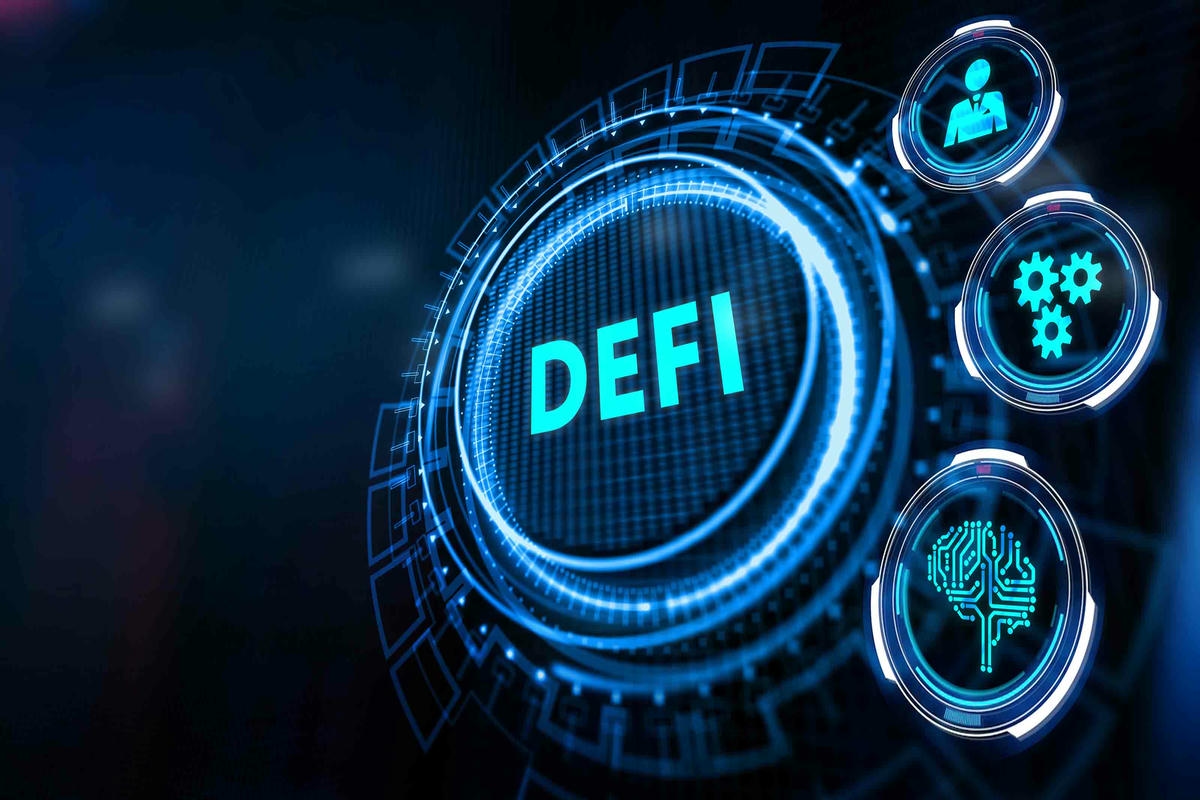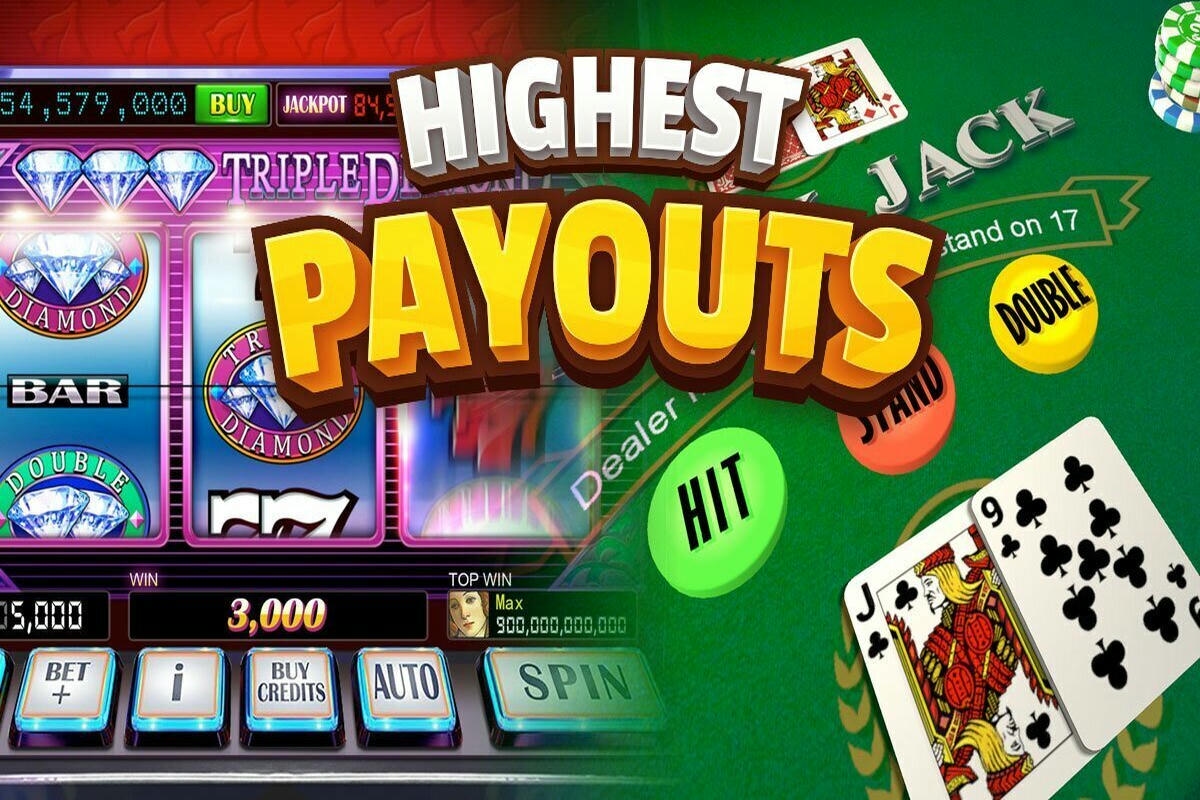
The Growth of Decentralized Casinos
The Growth of Decentralized Casinos: Revolutionizing Online Gambling
The online gambling industry is undergoing a significant transformation with the advent of decentralized casinos. Powered by blockchain technology and smart contracts, decentralized casinos offer numerous advantages over traditional online casinos, including enhanced transparency, security, and fairness. This blog explores the growth of decentralized casinos, their benefits, challenges, and the potential impact on the future of online gambling.
What Are Decentralized Casinos?
Decentralized casinos are online gambling platforms that operate on blockchain technology. Unlike traditional casinos that rely on a central authority to manage operations and transactions, decentralized casinos use smart contracts and decentralized networks to ensure transparency, security, and fairness.
Key Features of Decentralized Casinos
- Blockchain Technology: All transactions and game outcomes are recorded on a public blockchain, ensuring transparency and immutability.
- Smart Contracts: Smart contracts automate the execution of games and payouts, eliminating the need for intermediaries and reducing the risk of manipulation.
- Decentralization: Operations are distributed across a network of nodes, reducing the risk of central points of failure and enhancing security.
- Provably Fair Gaming: Players can verify the fairness of game outcomes using cryptographic algorithms, ensuring that results are not tampered with.
The Growth of Decentralized Casinos
The rise of decentralized casinos can be attributed to several factors, including advancements in blockchain technology, increasing demand for transparency and fairness, and the growing popularity of cryptocurrencies. Here are some key drivers of their growth:
1. Advancements in Blockchain Technology
Blockchain technology has evolved significantly, offering robust solutions for secure and transparent online transactions. These advancements have made it possible to develop decentralized casinos that can operate efficiently and securely.
- Improved Scalability: Innovations such as layer 2 solutions (e.g., Lightning Network, Plasma) have improved the scalability of blockchain networks, enabling faster and cheaper transactions.
- Enhanced Security: Advanced cryptographic techniques and decentralized architectures enhance the security of decentralized casinos, protecting them from hacking and fraud.
2. Demand for Transparency and Fairness
Players are increasingly seeking transparency and fairness in online gambling. Decentralized casinos address these concerns by providing provably fair gaming and transparent transactions.
- Provably Fair Gaming: The ability to verify game outcomes independently gives players confidence that the games are fair and not manipulated.
- Transparent Transactions: All transactions are recorded on a public blockchain, allowing players to verify deposits, withdrawals, and payouts.
3. Popularity of Cryptocurrencies
The widespread adoption of cryptocurrencies has fueled the growth of decentralized casinos. Cryptocurrencies offer several benefits for online gambling, including fast transactions, low fees, and enhanced privacy.
- Fast and Low-Cost Transactions: Cryptocurrencies enable near-instantaneous transactions with minimal fees, improving the overall gambling experience.
- Privacy and Anonymity: Cryptocurrencies allow players to gamble anonymously, protecting their privacy and reducing the risk of identity theft.
Benefits of Decentralized Casinos
Decentralized casinos offer numerous advantages over traditional online casinos, making them an attractive option for players and operators alike. Here are some key benefits:
1. Enhanced Transparency
Blockchain technology ensures that all transactions and game outcomes are transparent and publicly verifiable. This transparency builds trust between players and the casino.
- Immutable Records: Transactions and game outcomes are recorded on an immutable ledger, preventing tampering and ensuring accuracy.
- Public Verification: Players can verify the fairness of games and the legitimacy of transactions independently, without relying on the casino’s claims.
2. Increased Security
The decentralized nature of blockchain technology enhances the security of decentralized casinos, protecting them from hacking and fraud.
- Decentralized Architecture: Operations are distributed across a network of nodes, reducing the risk of central points of failure and enhancing resilience against attacks.
- Cryptographic Security: Advanced cryptographic techniques protect data and transactions, ensuring the integrity and confidentiality of player information.
3. Lower Operational Costs
Decentralized casinos can operate with lower overhead costs compared to traditional casinos, thanks to the elimination of intermediaries and reduced reliance on centralized infrastructure.
- Reduced Fees: Smart contracts automate many processes, reducing the need for intermediaries and associated fees.
- Efficient Operations: The use of blockchain technology streamlines operations, reducing administrative costs and improving efficiency.
4. Fair and Automated Payouts
Smart contracts automate the execution of games and payouts, ensuring that players receive their winnings promptly and fairly.
- Automated Payouts: Smart contracts execute payouts automatically based on predefined conditions, eliminating delays and ensuring accuracy.
- Fair Play: The use of provably fair algorithms ensures that game outcomes are genuinely random and not manipulated by the casino.
Challenges and Limitations
While decentralized casinos offer numerous benefits, they also face several challenges and limitations that need to be addressed for widespread adoption.
1. Regulatory Uncertainty
The regulatory landscape for decentralized casinos is still evolving, and there is uncertainty regarding how these platforms will be regulated in different jurisdictions.
- Compliance: Navigating the complex and evolving regulatory environment can be challenging for decentralized casinos. Ensuring compliance with local laws and regulations is essential to avoid legal issues.
- Licensing: Obtaining licenses from reputable regulatory authorities can help build trust and credibility, but the decentralized nature of these platforms can complicate the licensing process.
2. Scalability Issues
While blockchain technology has improved, scalability remains a challenge for decentralized casinos, particularly during periods of high transaction volume.
- Transaction Speed: Ensuring fast and efficient transaction processing is crucial for providing a seamless gaming experience. Scalability solutions such as layer 2 technologies can help address this issue.
- Network Congestion: High transaction volume can lead to network congestion and increased fees, impacting the overall user experience.
3. User Experience
The complexity of blockchain technology and the use of cryptocurrencies can be daunting for new players, impacting the user experience.
- Ease of Use: Simplifying the user interface and providing clear instructions can help new players navigate decentralized casinos more easily.
- Education and Support: Offering educational resources and responsive customer support can help players understand how decentralized casinos work and address any issues they encounter.
The Future of Decentralized Casinos
The future of decentralized casinos looks promising, with ongoing advancements in blockchain technology and increasing demand for transparency and fairness in online gambling. Here are some potential developments:
1. Integration with DeFi
The integration of decentralized finance (DeFi) with decentralized casinos can offer new opportunities for innovation and growth. DeFi protocols can provide decentralized financial services such as lending, borrowing, and staking, enhancing the overall gambling experience.
- Lending and Borrowing: Players can use DeFi protocols to lend or borrow cryptocurrencies, providing additional financial flexibility.
- Staking: Staking mechanisms can be integrated into decentralized casinos, allowing players to earn rewards by staking their tokens.
2. Enhanced Interoperability
Improving interoperability between different blockchain networks can enhance the functionality and usability of decentralized casinos. Cross-chain solutions can enable seamless transactions and interactions across multiple blockchains.
- Cross-Chain Compatibility: Supporting multiple blockchains can increase the flexibility and accessibility of decentralized casinos, allowing players to use a wider range of cryptocurrencies.
- Seamless Integration: Developing seamless integration with other blockchain-based platforms and services can enhance the overall user experience.
3. Increased Adoption
As awareness of decentralized casinos grows and blockchain technology continues to evolve, we can expect increased adoption of these platforms by both players and operators.
- Mainstream Acceptance: Widespread adoption of cryptocurrencies and blockchain technology can drive mainstream acceptance of decentralized casinos, attracting a broader audience.
- Partnerships and Collaborations: Collaborations between decentralized casinos and traditional gambling operators can help bridge the gap and promote the adoption of decentralized platforms.
Conclusion: A New Era of Transparent and Fair Online Gambling
Decentralized casinos represent a significant advancement in the online gambling industry, offering enhanced transparency, security, and fairness through the use of blockchain technology and smart contracts. While challenges such as regulatory uncertainty and scalability issues remain, the potential benefits and ongoing developments in this space make decentralized casinos a promising solution for the future of online gambling.
As the industry continues to evolve, embracing decentralized casinos can lead to a more transparent, secure, and enjoyable gambling experience for players worldwide. By staying informed and adapting to new technologies, both players and operators can take full advantage of the opportunities presented by decentralized casinos, ushering in a new era of online gambling.
Others Choose

WinTomato Casino
First Deposit Bonus
100% Up To $250 + 300 Free Spins
New players only. Must be 18+ to participate. Bonus offers are subject to specific wagering requirements. Minimum deposit may apply. Terms and conditions apply. Please gamble responsibly.

Mostbet Casino
Deposit Bonus
125% + 250 FS Depositing From $45
New players only. Must be 18+ to participate. Bonus offers are subject to specific wagering requirements. Minimum deposit may apply. Terms and conditions apply. Please gamble responsibly.

FireVegas Casino
Welcome Bonus
100% Up To $400 + 50 Free Spins
New players only. Must be 18+ to participate. Bonus offers are subject to specific wagering requirements. Minimum deposit may apply. Terms and conditions apply. Please gamble responsibly.




